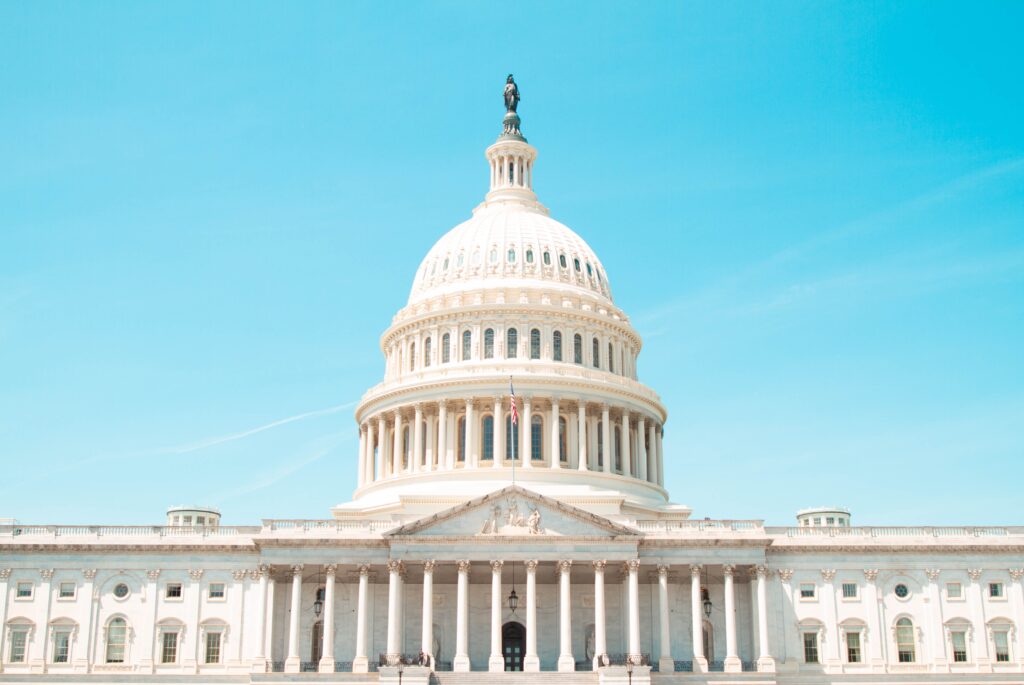Americans continue to go back in time. This time, it’s by bringing back Reefer Madness.
Cannabis continues to rise amongst conservatives as the new scapegoat. With other discussions going back in time, it was only inevitable that cannabis joined the group.
Raise your hand if you had Reefer Madness on your bingo board.
It’s no secret that cannabis is a political pawn. Is there another motive for trying to stop cannabis legalization?
Currently, the political use of this pawn is being aggressively carried out by the media’s most prominent and controversial hosts. She-who-will-not-be-named shared her theory on the “pot psychosis-violent behavior connection.” She, who —in my opinion— is closer to a WWE character than an accurate news anchor, is back with aggressive rhetoric to find a scapegoat on whom to place the blame for the mass shootings.
One of the wildest parts is recognizing that she’s going against a concept that 70% of Americans agree on: legalizing cannabis. Her thoughts are “that politicians should be working to stop legalizing marijuana, rather than trying to enact common sense gun laws and make weapons harder for people to access.”
Ladies and gentlemen, Reefer Madness is back!
The 1936 movie, which aimed to discredit cannabis, was tied to the Great Depression years. Based on my research, the movie was NOT funded by the U.S. Government or by traditional production companies. Instead, it was funded by a church group. So, why-during a recession-is a controversial media host reaching for topics that were popular during the Great Depression? She’s trying to draw comparisons, acquire donors, is fueled by ignorance, using misdirection techniques, or all the above.
Recently, we had Leslie Bocskor on our podcast The Dime, where he said:
“We live in Media; the Media is the message. It’s all individualized to every person. What each person gets is their own specific feed of information- that’s different from the person right next to them. We are surrounded by media, and we have no idea. Every aspect of our lives is influenced by it.”
Changing public perception isn’t even the most paramount issue right now. With 70% of Americans in favor of legalized cannabis, the focus shouldn’t be on changing the public perception. It’s already been changed in favor of the issue; the focus should be on solidifying the emotional importance.
As Emily Paxhia said on The Highrise, cannabis needs its “Got Milk?” ad. We need an emotional tie back to the millions of people for whom cannabis is providing medicinal benefits. For those who are battling illness and leaning on cannabinoid therapeutics that have been life-changing for them. For the ones that are scared to give their child cannabis.
These are the types of messages we need to get out into the media. Tap into emotional responses, and these events will overtake the madness that irresponsible hosts continue to put out to large audiences.
Editors’ Note: This is an excerpt from our Monthly Playbook. If you would like to read the full monthly playbook and join the thousands of others you can sign up below.




